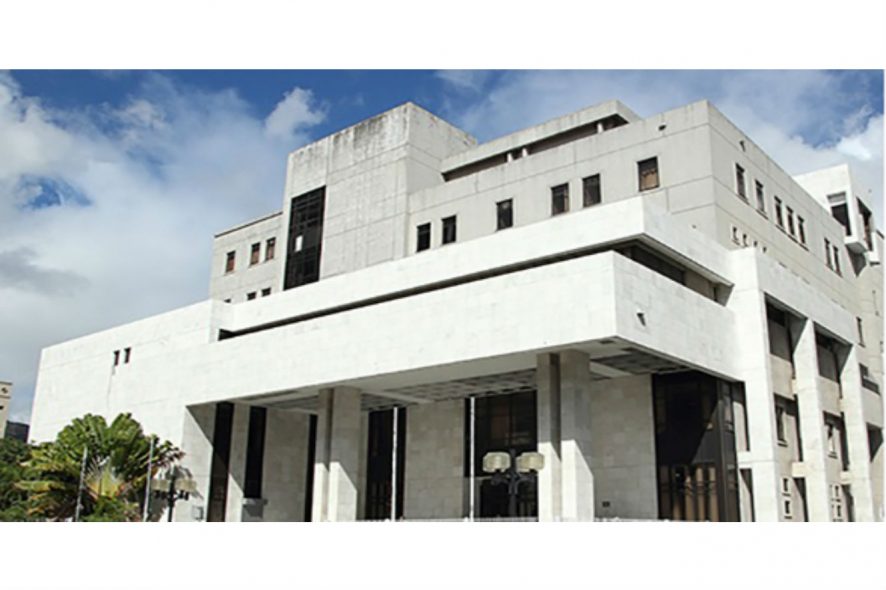Mauritius Intermediate Court: The Bench of B.R. Jannoo- Jaunbocus, set aside the motion of the defendant in relation to the protection of his fundamental rights.
The facts of the case are that the accused was a public official and was charged under Sections 4(1)(b)(2) of the Prevention of Corruption Act, 2002 for unlawfully and criminally, soliciting from another person, a gratification for doing an act which was facilitated by his duties. The case was heard by a differently constituted Bench of the Intermediate Court, which dismissed the matter against the accused. It was then appealed to the Supreme Court against the acquittal. The Court was faced with the Herculean task of interpreting the Constitution. The questions before the Court were –
- Whether the Court on appeal can remit back a case to the lower Court with the direction that another Magistrate, other than the trial Court should hear evidence and proceed to pass sentence in the teeth of Section 10 of the Constitution?
- Whether a newly constituted bench can sentence an accused without hearing all the evidence on record?
The Court held that the right of the accused to a fair hearing at sentencing stage and the duty upon the court to give an accused party the opportunity to be heard before sentence should be passed upon him. An omission to hear a defendant before passing sentence is a serious breach of procedural fairness. The direction given by the Supreme Court in the present case was that of directing the Presiding Magistrate to designate another magistrate “to hear evidence on the appropriate sentence to be passed and proceed to sentence”. The Court concluded that there was no infringement of the principle laid down in Sip Heng Wong Ng v. R (Privy Council Appeal No 52 of 1985) [1985 MR 142], if it were to proceed with the hearing for the purpose of sentencing. The motion of the defence was set aside. [Independent Commission Against Corruption v. JOTTEE Dharmanund, 2019 INT 3, decided on 17-01-2019]







